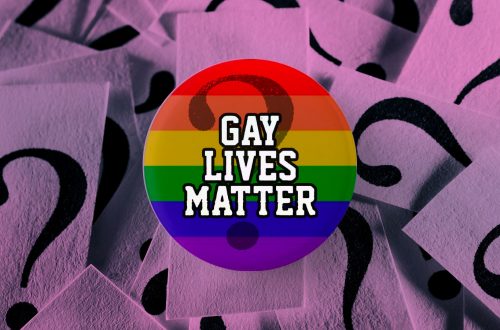This is a guest post by Armin Rosen
About a month back, the finest print publication on earth skewered Jullan Assange and Wikilieaks’ paranoid theory of transparency: if everyone might be against me, then everyone MUST be against ME. Here’s a clip from PE’s brilliant fake “Diary of Julian Assange” (which, criminally, isn’t even online):
“Got the time, mate?” This is an exact transcription, verified by our team, of the question I was asked when I first set foot outside the shop.
It was a question he had no right to ask. I may or may not have been wearing a watch, and that watch may or may not have been showing the correct time. This is entirely a matter between myself and my watch, if any. But to pressure me by approaching me and then subjecting me to immediate cross-questioning without prior notification about a wholly private matter is without legal precedent.
Is Gawker, the richly-entertaining yet morally-leprous gossip website, really any different or any better than a humor magazine’s parody of Wikileaks? I admit this is a convoluted and seemingly meaningless question. But consider this item from yesterday wondering at why New York and the New York Times Magazine didn’t at least make a good-faith effort at outing Marty Peretz in their recent feature articles about the New Republic editor. After all, Gawker writes (this is an unsigned post):
It’s an open secret in Washington, D.C., that Peretz, who came to own the New Republic after marrying Anne Labouisse, an heiress to the Singer Sewing Machine fortune, is sexually attracted to men. We’ve spoken to several people who have direct (though not intimate) knowledge of Peretz’s sexual preference and say that he makes no effort to hide it.
And people need to know more about it. Why do people need to know more about it? Because they just do, that’s why:
Peretz presumably asked both magazines not to mention that he’s gay—that’s the only conceivable explanation for the information’s absence from the profiles. But why would they agree? All it takes is something along the lines of “Peretz, who is widely said to be gay, declined to directly address the subject, saying, ‘My sexuality is too complicated for one word.'” To pledge to not even broach the subject is collusion between reporter and subject over the disclosure of crucial information that could in no way be considered damaging to Peretz. Would they agree not to mention his divorce? His comments about Arabs? Their decision allows Peretz a fine-grained control over who gets to know a fundamental fact about himself: He can be gay to friends, family, and reporters writing profiles about him, but straight to the general public.
A couple things jump out here, particularly Gawker’s revealing ignorance of journalistic ethics. It never occurs to the post’s author (whoever the hell he or she is) that Peretz simply told the reporters that anything about his sexuality was on the deepest of background, thereby creating a situation where the reporters were ethically obligated not to write about it (except by insinuation—which they do, as the Gawker post actually explains). But maybe there is no concept of “deep background” in Gawker’s ethical vocabulary. Perhaps, tautologically enough, everything is of public relevance simply because it’s salacious or private, creating a situation where the more secret something is, the greater the urgency is for exposing it. Again, Gawker never attempts to justify this urgency. They just place a private matter like sexual preferences at roughly the same level of importance as a public divorce or “comments about Arabs” and move on.
But I think I’m most disgusted by Gawker’s Wikileaks-style notion that all standards of decency—whether they’re hard-and-fast standards like normative journalistic ethics, or more fluid standards like individuals’ varying desires for privacy—are subservient to the almighty Right to Know. There’s a phrase for this in the sexual-political realm: slut-shaming. In asking, by way of a truly appalling wink and nod routine, why these two articles didn’t like, talk about how Peretz’s infatuation with younger men ruined his marriage, Gawker is engaging in a kind of slut-shaming by implication. And they take it a step further than that even: not only do we have a right to know about Peretz’s sexuality, but we have a right to know about Supreme Court Justice Elena Kagen’s sexuality too! And, while we’re at it, we have a right to know what Andrew Sullivan thinks about Peretz’s sexuality!
Incidentally, we asked Sullivan what he thought of Peretz’s ability to keep his gayness out of the press that he otherwise seems to relish, and he didn’t respond.
Sullivan is a homosexual man who’s 1) younger than Peretz and 2) worked with him for a certain period of time. Hmm…
The post ends with this:
We also asked the New Republic, the New York Times, New York, Wallace-Wells, and Rodrick for comment. A spokesperson for New York wrote that the magazine “thought hard about how to write about Peretz, and Ben ended up with a story that was true, tough and fair—in our view an artfully nuanced portrait of a pretty complex figure.” The New York Times and Wallace-Wells declined to comment, Rodrick and a spokesperson for the New Republic did not return messages.
God bless ‘em all (except for New York, apparently). In refusing to participate in this, Sullivan, the New Republic, and the New York Times have proven that they have higher journalistic standards—and higher standards of basic decency—than Gawker ever will.
